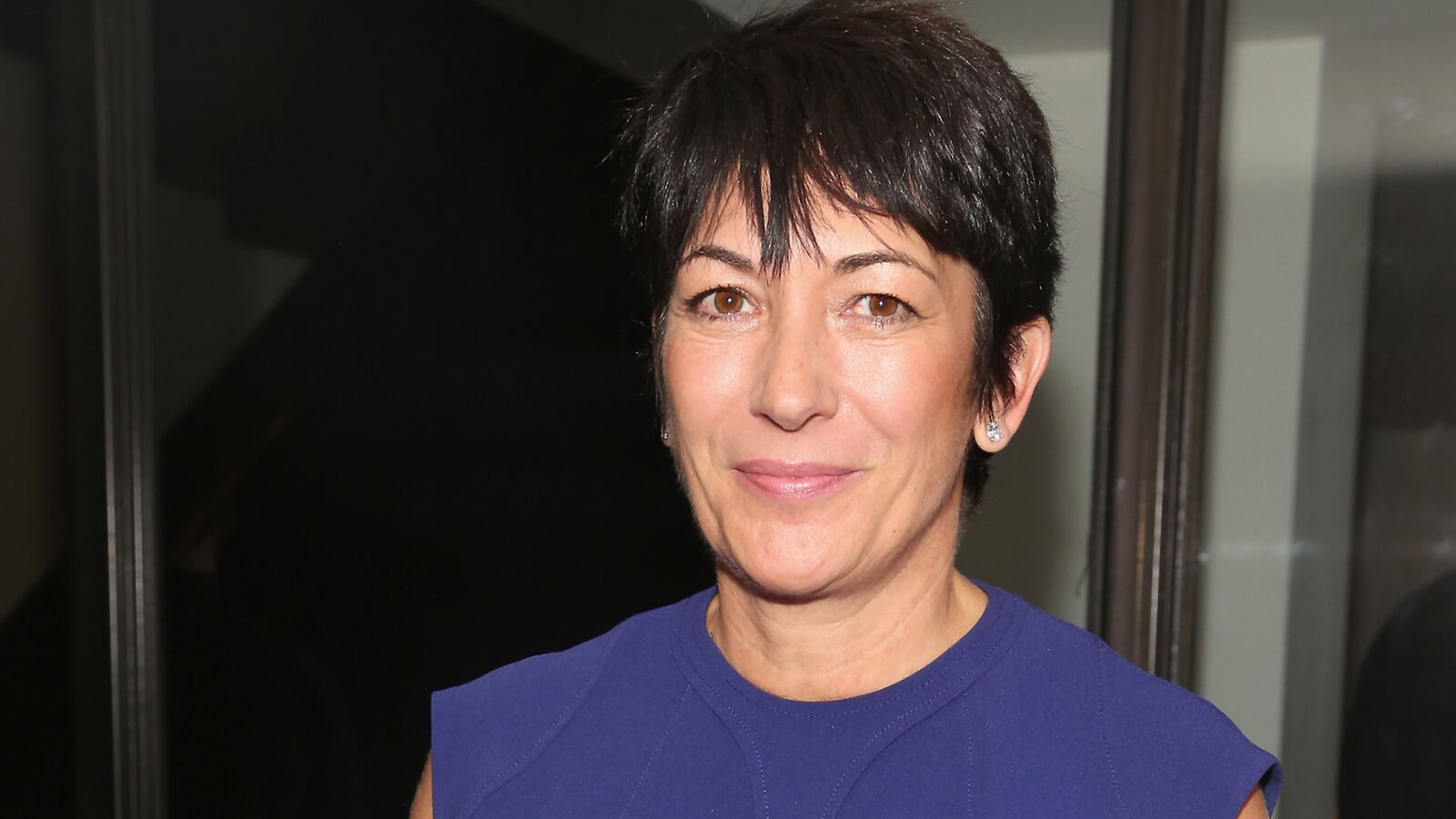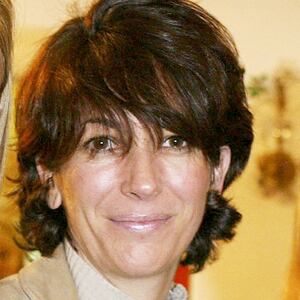A Manhattan federal judge has refused to dismiss charges against Ghislaine Maxwell, who is accused of grooming underage girls for sex-trafficker Jeffrey Epstein.
On Friday, Judge Alison Nathan denied the British socialite’s various motions to toss the original indictment against her. Nathan also ruled that Epstein’s 2008 non-prosecution agreement with the U.S. Attorney’s Office in Miami—which shielded him and his alleged co-conspirators from federal charges—does not apply to Maxwell.
“No evidence suggests anyone promised Epstein that the NPA would bar the prosecution of his co-conspirators in other districts. Absent such a promise, it does not matter who did or did not approve it,” Alison wrote in her order.
Nathan did, however, grant Maxwell’s request for a separate trial for the perjury charges she faces in connection to the sex-trafficking investigation.
The feds arrested Maxwell in July 2020 after a grand jury indicted her on multiple counts, including enticing a minor to travel to engage in illegal sex acts and conspiracy to transport a minor with the intent to engage in criminal sexual activity.
According to the indictment, Maxwell recruited and groomed three minor girls for Epstein between 1994 and 1997 and enticed them to travel to his mansions in New York, New Mexico and Florida, as well as her London townhouse.
Maxwell, 59, also faces two counts of perjury in connection to a 2016 deposition in a defamation suit filed by Virginia Roberts Giuffre, who claims Maxwell and Epstein kept her as their “sex slave” and sent her to their powerful friends to be abused.
Trying the perjury and sex-trafficking related charges together “would risk an unfair trial on each set of counts,” Nathan ruled, adding that the jury could be exposed to “unrelated allegations of sexual abuse” which “might otherwise not be admissable.”
“In particular, a joint trial would potentially expose the jury to a wider swath of information regarding civil litigation against Epstein that is remote from Maxwell’s charged conduct. This presents a significant risk that the jury will cumulate the evidence of the various crimes charged and find guilt when, if considered separately, it would not do so,” she added.
Meanwhile, Nathan dismissed other arguments from Maxwell’s lawyers, who claimed the government delayed charging her and damaged her ability to defend herself, and that the media attention had compromised her right to a fair trial.
“Maxwell contends that lengthy public interest in this case has transformed her reputation from that of Epstein’s friend to a co-conspirator. And she also alleges—without evidence—that her accusers fabricated their stories based on media allegations,” Nathan wrote. “The Court will not dismiss the indictment on Maxwell’s bare assertion that numerous witnesses are engaged in a perjurious conspiracy against her.”
Last month, federal prosecutors added a fourth minor victim to their case and two new sex-trafficking charges against the heiress.
Now faced with a second superseding indictment, Maxwell’s lawyers have requested her July trial be rescheduled for next year.







